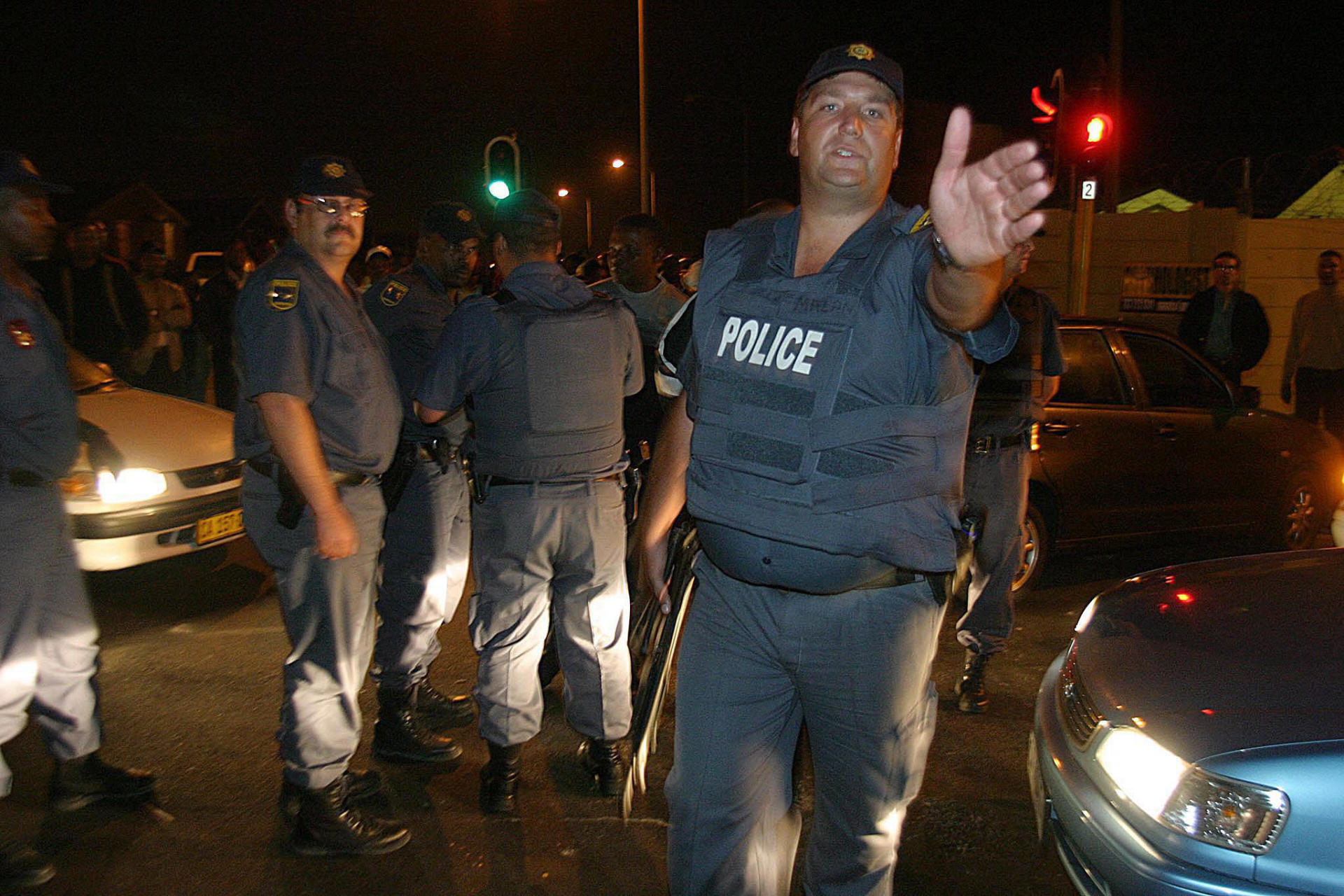First published by ISS Today
Does hiring more police reduce crime? Not necessarily. What about rapidly responding to calls for assistance? Nope. Random, visible patrol? I’m afraid not. Being tough on “criminals”? Likely to make things worse. And yet these are some of the things South Africans desire, and what police strive to deliver in response to the country’s chronic violent crime.
In contrast, when police routinely treat people respectfully they are more likely to obey the law when police aren’t around. It’s counter-intuitive but supported by evidence.
Our understanding of the world is not as rational as we think. Rather we rely on unconscious biases, rules of thumb and the availability of explanations to make sense of things, then formulate arguments to justify our beliefs. This includes our convictions about how to address crime.
Such cognitive missteps are natural – we all suffer them. This is why social policy and interventions should be based on the best available evidence of what works to produce the outcomes we seek.
South Africa’s economy has struggled in recent years and is unlikely to rebound soon. Its revenue service has missed tax collection targets for five years running so that government, including the South African Police Service (SAPS), cannot simply throw money or resources at its problems. Rather, it must use them precisely and in ways that are most likely to be effective.
Decisions about how South Africa is policed shouldn’t be left to the whims of politicians or managers whose authority gives only their ideas precedence. Rather, policing should be informed by the best available evidence of what works to improve public safety. To get the greatest good out of its limited resources, South Africa should adopt an evidence-based approach to policing.
Clearly “evidence” has a particular historical meaning in policing. Police collect and use evidence – be it DNA, cellphone footage or witness statements – to build cases that can be prosecuted in court. But this isn’t evidence-based policing.
To produce the “evidence” in evidence-based policing we create hypotheses based on existing data (eg if we hire more police crime will decline). We test the hypotheses through research (eg allocate more police to one police station but not to another comparable station, and monitor crime and other variables), and compare the findings to other similar experiments. Evidence-based policing is based on the accumulated knowledge (evidence) produced through such evaluations. It is a careful, intentional approach that emphasises informed practice, evaluation and learning.
When policing is based on evidence, it is more likely to be effective. For instance, while there isn’t strong evidence that hiring more police reduces violent crime, there is good evidence that targetted deployment in hotspots does.
Similarly, when evaluations suggest that certain practices do more harm than good, they can be stopped. Some South Africans believe that children should be exposed to prisons to “scare them off crime”. But careful evaluations have shown that children can become more, not less, likely to offend.
When police strategies are informed by good, peer-reviewed evidence, officers can be confident that what they do has merit and that their actions are more likely to withstand scrutiny from colleagues, civil society or the public. Similarly, a public that understands that policing should be based on evidence, can use that knowledge to ensure that what their local police do draws on careful practice and evaluation.
This may seem like common sense, but it isn’t. Police organisations, including the SAPS, have not historically been structured or resourced to give officers the time or training to implement evidence-based approaches or to promote cultures of experimentation and evaluation. More importantly, police in the past have not used scientific methods to evaluate their strategies and tactics. Instead, they have reverted to reported crime as a timeless measure of efficacy. But this is changing.
Evidence-based policing is growing rapidly, but mostly in wealthy countries with crime profiles very different to South Africa’s. That a police practice or strategy works in one place doesn’t mean it will work in another.
The SAPS is ideally positioned to become a global leader in the development of evidence-based policing in middle-income contexts characterised by high rates of violence and inequality. It has the resources, the technical know-how, and the skills to bring evidence-based policing to life and use it to prevent harm. All that is required is a champion.
Although evidence-based policing is strengthened by partnerships with academics and researchers, it should be led by police. Where it has emerged in other countries, evidence-based policing is predominantly led by senior police officers. In South Africa, the National Development Plan, the White Papers on Safety and Security and Policing, and the SAPS’s Sector Policing Guidelines and Research Agenda all hint at an evidence-based approach to policing. But this has yet to take off.
Targetted, evidence-based policing and violence prevention interventions can save thousands of lives. In São Paulo, Brazil, they were used to slash the murder rate from 49 per 100,000 in 2001 to 5.5 per 100,000 in 2018. South African cities should be able to achieve the same, but leadership is key.
The Institute for Security Studies is working to promote a network of evidence-based policing in South Africa, bringing police, academics and researchers together to improve safety for all. It can only succeed in partnership with police. Will the SAPS take up the challenge and champion evidence-based policing? DM
Andrew Faull is senior researcher, Justice and Violence Prevention, ISS




